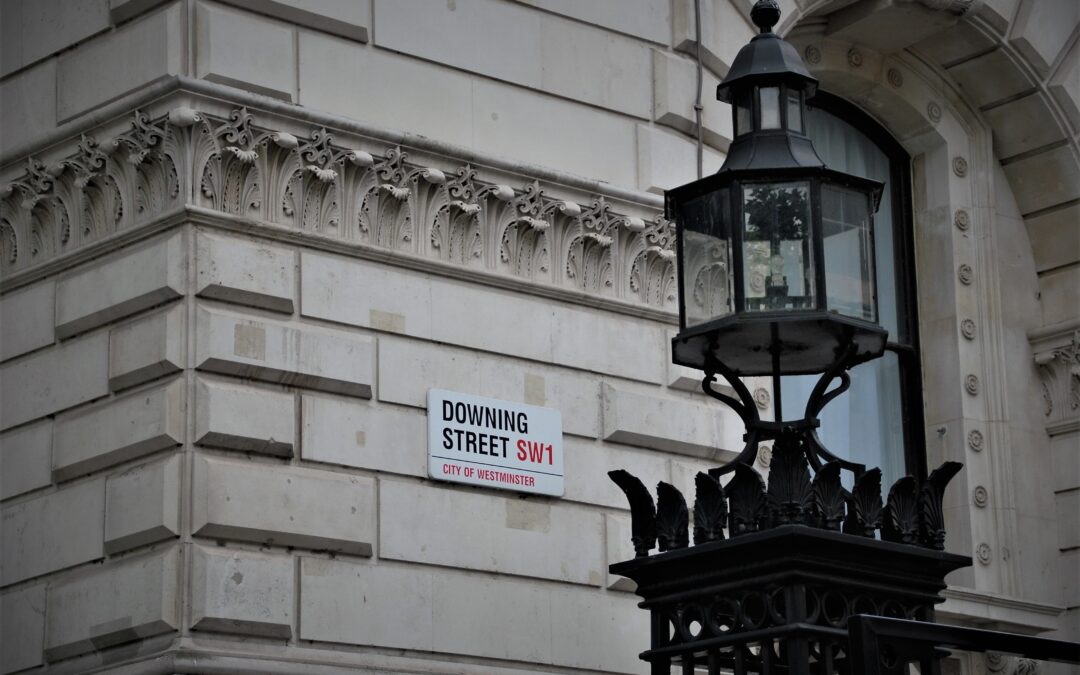The mini-budget released today is arguably the first official budget statement issued by the new prime minister since taking office.
Many people are expecting a series of effects from these changes.
The budget covers tax changes to drive economic growth and improve the current life crisis, and is considered a “fair” tax policy.
Although many experts say that tax cuts will not reverse the current inflationary tensions, this speculation will be verified in the future.
Mini-budget —— National Insurance (NI)
Earlier we mentioned in the article that National Insurance can qualify for certain benefits and state pensions.
Usually National Insurance (NI) and Income tax are collected from your salary together.
Back in April, the former Prime Minister raised the NI ratio from 12% to 13.25% to fund the NHS and social care.
The change was again reversed by the new Prime Minister and the temporary increase was scrapped, with the plan coming into effect on 6 November 2022.
It also means someone earning £30,000 would save £218 a year.
Mini-budget —— Income Tax
Former Prime Minister had previously planned to cut the income tax rate by 1p, to take effect in 2024.
This plan was put on the agenda due to the current severe situation, and the income tax rate will be officially lowered in April 2023.
The change will save someone earning £20,000 a year £74 in tax and someone earning £50,000 a year £374.
Maybe you also want to know about MTD for Income Tax, click here to learn more.
Mini-budget —— Corporation Tax
The chancellor has confirmed that the government will scrap plans to increase taxes on corporate profits.
Boris Johnson plans to raise corporation tax from 19% to 25%. Although this plan will raise more funds for the government, it is not conducive to attracting foreign enterprises.
However, the plan to remove the corporation tax hike would directly encourage more overseas businesses to set up in the UK and raise more tax for the UK through taxation.
Stamp Duty Land Tax (SDLT)
Stamp duty, which we have mentioned many times before, has always been a topic of concern for home buyers, but today undoubtedly brings good news to all planning home buyers.
Click here for more information on stamp duty rates.
The Chancellor of the Exchequer announced a reduction in stamp duty in England and Northern Ireland with immediate effect.
The stamp duty threshold has been raised from £125,000 to £250,000. First-home buyers currently do not have to pay stamp duty on the first £300,000, which will be raised to £425,000.
Banker Bonus Cap Removed
In addition to the series of measures mentioned above, the chancellor also repealed the rules for bankers’ bonuses.
This means that the previously stipulated bonus for bankers, which cannot be higher than twice their annual salary (unless shareholders agree), is abolished.
Although the announcement of these policies remains controversial, we cannot determine absolute right or wrong because estimating future trends is “risky”.





